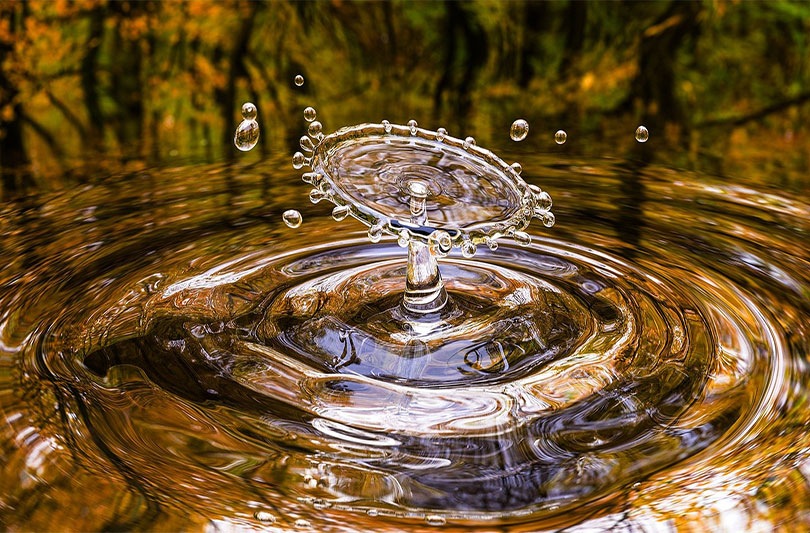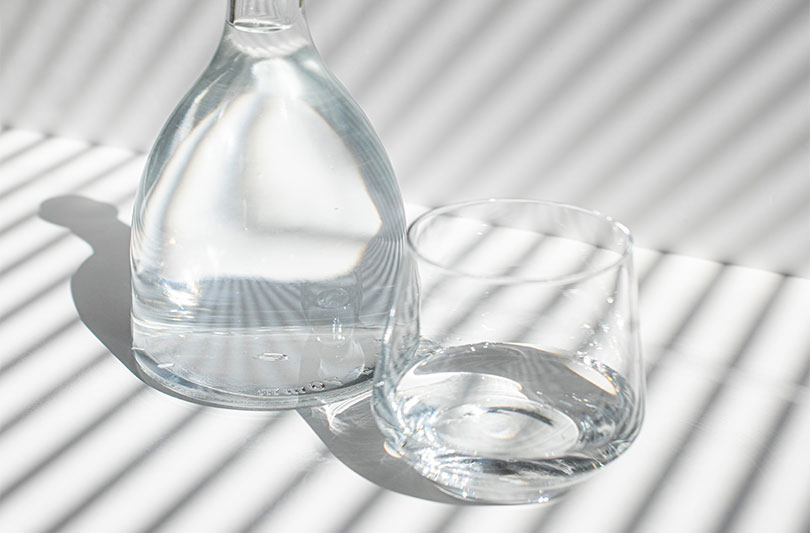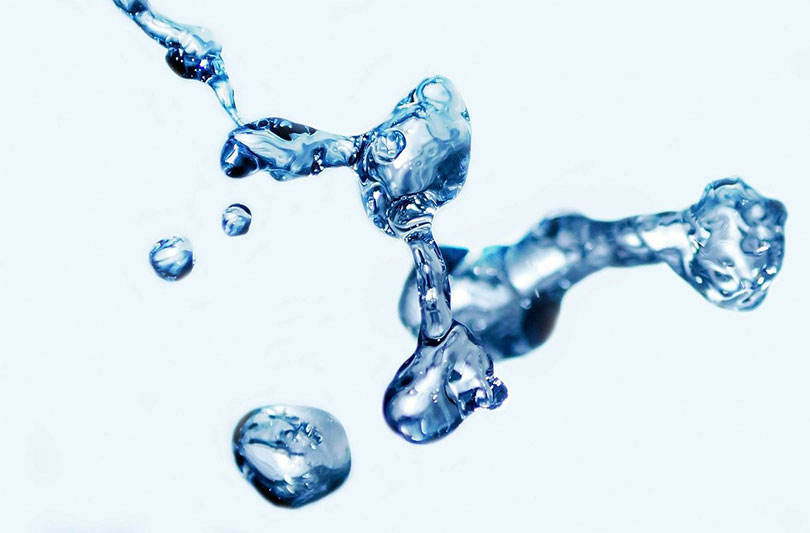Here in the UK we pay our water bills and expect our tap water to be clean enough to bathe in and safe enough to drink. However more and more people are asking the question, ‘Is tap water safe to drink?’ Despite the UK’s rigorous water safety principles, a 2018 report published by the Drinking Water Inspectorate (DWI) showed 1,185 failures in water standards. We take a look at tap water safety in the UK.
Is tap water bad for you?
In the UK we have stringent safety standards. These standards state our drinking water should be ‘wholesome’. Water has to be regularly checked at various points in the supply chain. It has to look and taste good, as well as sticking to guidelines regarding,
- Chemicals in water (e.g. sodium)
- Micro-organisms in water (e.g. bacteria)
- Metals in water (e.g. lead)
Of course even the most rigorous municipal testing and treatment processes can’t remove all substances from your tap water. Our water supply comes from either surface water (e.g. rivers) or ground water (e.g. springs). Both of these sources allow water to absorb substances, particularly minerals, before they enter our water systems.

Limescale in UK water
Limescale is usually present in tap water in hard water areas such as Suffolk, London and Kent. Over 60% of the UK’s water consumers live in one of these areas, and have the high levels of magnesium and calcium that cause limescale. Whilst hard water can be annoying and cause unnecessary work and expense, it’s not generally considered to be a health hazard.
If you’re suffering from the costly effects of hard water, a water softener system will reduce the problem and leave you and your family with a much more enjoyable water experience.
Lead in water
One common concern is the possible presence of lead in drinking water. Lead is most likely to enter your water system through plumbing materials such as lead water pipes. However the absorption of lead is enhanced when water is acidic. If you live in an older property in a soft water area, it’s worth being aware of the possible health implications of raised lead levels, particularly for children and pregnant women.
Lead is invisible and tasteless in water so, if you have concerns, it’s important to get your water tested by experienced experts. Boiling water will not remove lead from your system but a suitable and regularly maintained water filter can.

Micro-organisms in water
Harmful micro-organisms can gather across all elements of the water supply system, often as biofilms attached to surfaces. These bacteria can sometimes lead to serious health problems, for example, Legionnaires’ disease and cryptosporidiosis.
Your water company will be able to advise you on the quality of the drinking water in your area. If you have concerns as to water safety, a good quality, well maintained water filter would help alleviate worries by removing harmful micro-organisms from your water system.
Chlorides in water
Although chlorine and chlorides are related it’s important not to confuse them. They both play a significant part in the safety of UK tap water but chlorine is added to water to disinfect it, whereas chlorides, for example sodium chloride occur naturally. Finding some sodium in water is usual and it’s also found in most foods but it’s important for your health to limit your daily intake of salts.
Although you might sometimes smell swimming pools when you turn on your tap, UK standards allow only very small and safe amounts of chlorine in drinking water. Sometimes, if you live close to your water treatment works or if maintenance work results in additional cleaning, you might notice an increased chlorine smell or taste. One way to deal with this is to cool your tap water in the fridge before you drink it. However a more permanent and effective solution would be to install a water filter.
Chloride in water is usually combined with calcium, magnesium or sodium to form a variety of salts. Low levels of chlorides are not harmful to health but they can sometimes cause damage to plumbing systems and appliances. This damage can, in turn, cause other chemicals to spread into your tap water. Chlorides can be removed from your water system by the installation of a reverse osmosis water filter.

Fluoride in water
The presence of fluoride in UK drinking water is a much-debated topic. Fluoride is a naturally occurring substance but additional amounts are added to water in certain areas of the UK. Whilst research suggests a link between water fluoridation and improved dental health, not everybody is happy to have additional chemicals added to their water. Whilst current research has found no evidence that fluoride has an adverse effect on health, there’s sometimes a link between over exposure and dental fluorosis in children.
Reverse osmosis water filters can remove fluoride from your home’s water system but it’s worth contacting your local water experts first to find out whether or not water in your area has had additional amounts added.
Microplastics in water
Although microplastics are present in our natural water systems, recent research has shown that over 99.9% of these are removed from both drinking and waste water during processing. Unfortunately some of these microplastics do enter the human body through our food and drinks. Studies suggest that people who drink bottled water could consume 90,000 more particles each year than people who drink tap water.
Bottled water is a major cause of plastic pollution but your household requirements for it can be greatly reduced with the installation of a water filter. A filter also has the added benefit of removing any microplastics that might be present in your water system.

The safety of tap water in the UK
Understanding whether or not tap water is safe to drink in the UK is complicated. In general we have a really secure system of treatment and testing but, from time to time, issues can occur. The best thing you can do to keep your family and home safe is to talk to the experts.
At Hart Water we promise professional advice as well as competitive pricing on a range of filters, taps and water softeners including installation, service and repair. Our friendly team is more than happy to answer all your questions about water safety and filters. Get in touch today for peace of mind and a vastly improved water experience.
- Water Softener Size Guide: How to Select the Perfect Fit for Your Home or Business - February 25, 2025
- Under Sink vs Whole House Water Filters: The Complete Homeowner’s Guide - November 27, 2024
- 7 Surprising Ways Water Softeners Transform Your Skin: Unveiling the Secret to Radiant Complexion - July 17, 2024

